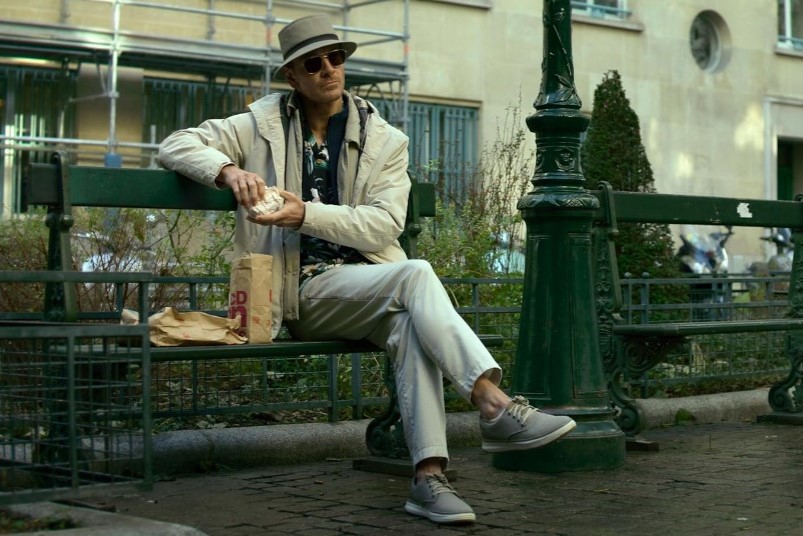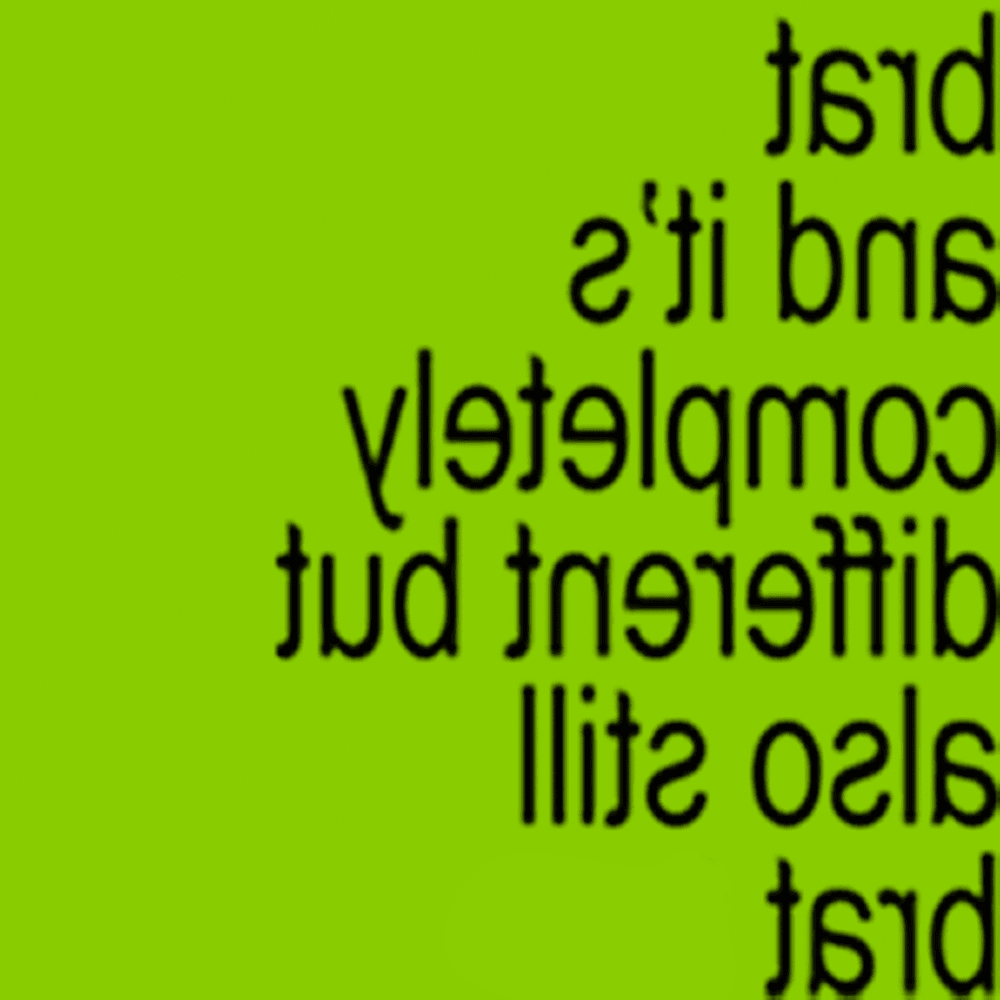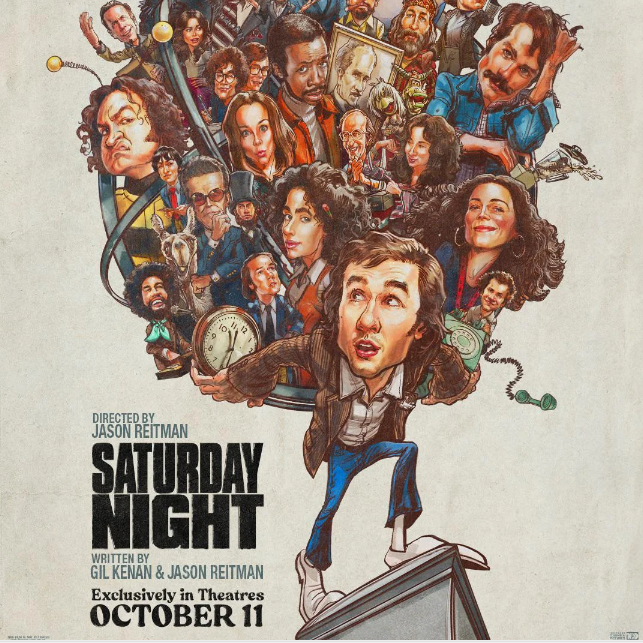There is something uniquely cinematic about hitmen. The absurdity of the concept paired with the inherent action, tension or comedy that can be wrung out of these stories has long attracted a diverse array of filmmakers.
“The Killer,” David Fincher’s latest, is a worthy addition to that canon. Focusing on the more procedural aspects of the profession as well as interrogating the hollowness of modern consumerism, the film impresses.
The film is based on a graphic novel of the same name written by Matz and illustrated by Luc Jacamon. The film’s script is by Andrew Kevin Walker who also wrote Fincher’s “Seven.”
Following a misstep on contract in Paris and an attack at his home that sent his girlfriend to the hospital, the unnamed assassin (Michael Fassbender) goes on a revenge spree to find those responsible.
It’s a thrilling movie, but not in the traditionally action-packed way. Fincher instead focuses on the minutiae of the assassin’s process. The momentum of the movie is pieced together not through broad set pieces, but by watching the mechanisms of the assassin’s plan and seeing the full picture of each job come together.
Get The Daily Illini in your inbox!
A scene in the beginning sees the assassin in Paris, where he is staked out in a vacant WeWork opposite what appears to be some residency. We watch as he stretches, gathers his tools, grabs a McMuffin from McDonald’s and goes about an extremely unorthodox sleep schedule.
Much more time is devoted to how the assassin goes about the routine than the actual culmination of the actions itself, which happen very bluntly and quickly in the film’s opening segment.
Further segments are similarly invested in the meticulousness of the assassin’s craft, with sudden outbursts of violence offering interesting punctuations and interstitials toward the way in which the assassin’s craft might not be seen as wholly effective.
Much of the film’s dialogue comes in the form of the assassin’s internal monologue. The Killer talks continuously about the method behind his process, the reasons why he chooses to be so demanding and how it’s through his process that he is able to achieve results. He spouts off waiting-room poster levels of meaningless inspirational quotes and whatever else might come to his mind regarding how his worldview might differ from the audience’s.
Though it sounds like it could be grating, Fincher smartly juxtaposes the internal monologue against the depictions of the craft leading to reveal dryly funny contradictions that show just how pathetic and irrational the assassin can be even against the rationality of his process.
“Forbid empathy,” the Killer says as he continues on an international pursuit for justice purely out of his own need for revenge. The Killer is bound by his own set of rules and one that he thinks sets him apart while the audience sees him for the hypocrite he is.
“The Killer” is incredibly self-aware, knowing precisely how to twist the tropes of the genre to create something so funny and unexpected.
To that end, Fincher and Fassbender understand that in “The Killer,” the assassin cannot be entirely cool. It is through the dichotomy between the demanding nature of his process and his often erratic actions that Fincher reveals the emptiness of the assassin’s actual life.
Much of the early promotion of the film compared it to Jean-Pierre Melville’s 1967 film, “Le Samouraï.” The films are similar in the sense that both films deal with a method-obsessed hitman who is sent to their limits after an error on the job.
While Melville imbues his film with the slickness of the French New Wave, Fincher uses the comparison to articulate that in the modern day, such a man would be inherently adrift.
What was once considered stylishly irresistible is now hollow and meaningless. Even in comparing the costume choices between the two, such a conclusion can be reached. Where Alain Delon’s hitman in the 1967 film is dressed in a tan overcoat and fedora, Fassbender’s Killer is instead dressed in a weirdly shaped bucket hat and a modern beige raincoat over a Hawaiian shirt.
The mystique of the past has now become a combination of fleeting styles and functional intent. What we lose in drama and character, we instead get nonsensical ideologies disguised as commitment to work and personal belief.
Of course, that is Fincher’s intent. With “The Killer,” Fincher seems once again interested in the way we interact with capitalism and our own consumerist habits.
He’s touched on similar themes before in “Fight Club” and “The Social Network,” though while in those films he plays up the themes alongside a sprawling narrative, here he reveals it to be something deteriorating and hollow.
The world of “The Killer” is an inescapable labyrinth of brands. I’ve already alluded to mentions of WeWork and McDonald’s, but as the assassin travels from city to city, we watch as he rents cars from services like Hertz and Enterprise. We also watch as he orders supplies from ACE Hardware and he picks up tools that he purchased in an Amazon Locker.
With this, Fincher is seemingly making the argument that, as we descend further and further into late-stage capitalism, we seem to be stripping our humanity away alongside it. Our own need to reach some kind of individualism and continuation in building these conglomerates is contributing to our own decay.
Critics, such as The Ringer’s Adam Nayman, have brought up how the portrayal of the Killer as this man who is so committed to his process and the achievement of perfectionism lines up with the real life work ethic of Fincher. Known for his repeated number of takes and need for everything in the frame to be as perfect as can be, Fincher can be seen as a compelling analogue to the unnamed assassin.
This comparison leads to the argument that the film is itself not an indictment of the process, but a cheeky acknowledgment of the way in which perfectionism and craft can often be pit against each other when the underlying goal is to make money rather than create art.
And with Fincher’s exploration of the world in which the Killer inhabits, we can perhaps see the film as a metaphor for a crumbling Hollywood system. That the slow erosion of many of our Hollywood tenets and the rise of the streaming platform over the studio can be inherently anti-art.
Fincher, whose relationship with Netflix led to shows like “Mindhunter” and “House of Cards” as well as the film “Mank,” is a kind of contractor who knows how to navigate this collapsing ecosystem. As he finally sees what’s at the top, he realizes how shallow it all is.
Although maybe not, as Fincher recently stated how he feels Netflix is the best place for filmmakers to make movies today. But the point still stands that “The Killer,” as stripped down as the hitman thriller can be, is loaded with a yarn of subtext that just begs to be unrolled.
Blending some of the funniest dry humor of the year, an electric soundtrack by Trent Reznor and Atticus Ross, thrilling action and full deep-dive into the everyday mechanisms of being a hitman, “The Killer” excels and excites.









